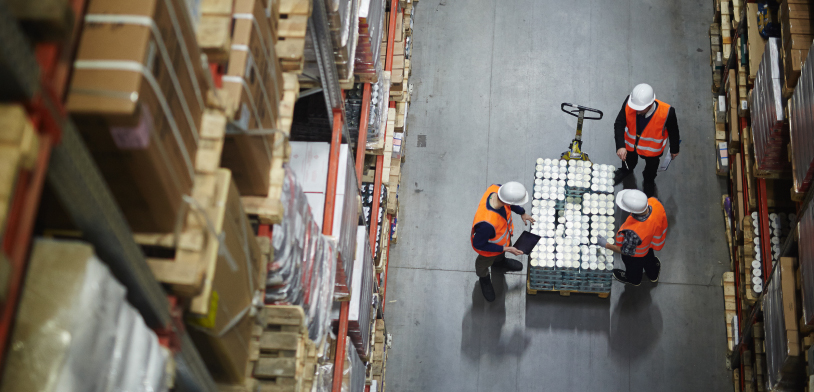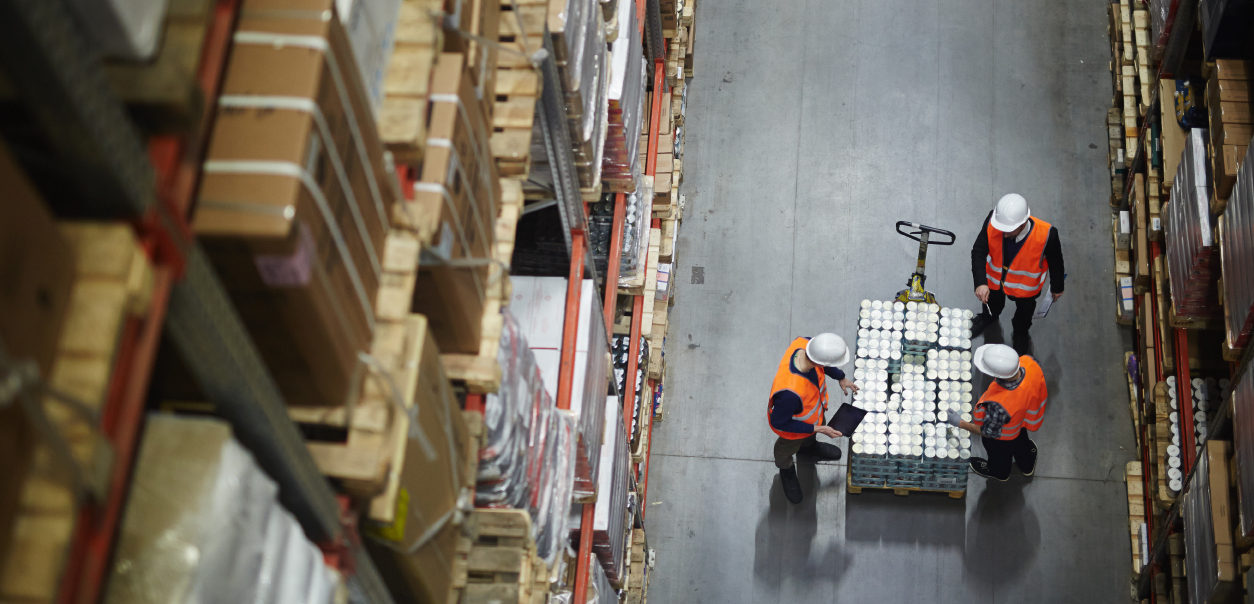
Bobbie Ttooulis, group marketing director at GFS, looks at how 2022 has lived up to its promise of being a challenging year and asks what ecommerce businesses can do to get creative with delivery management in today’s climate.
The current economic and political landscape is taking a straight hit at delivery and logistics. While ecommerce sales boomed during Covid-19, the operational complexities have only grown, with the war in Ukraine destabilising the UK’s supply chain and logistics. Operational costs, including domestic and international road freight rates, have risen significantly. While the price of shipping containerised freight from China has come down recently, it’s still expensive, with unreliable shipments and increased lead times. Collectively, the long-standing issue of labour shortages since Brexit, increased fuel surcharges and deflated consumer confidence have all inflated the operational cost base.
Breaking the barricade
As the challenges stack up, how can ecommerce businesses protect costs, create resilience and create the agility to pivot shipping operations while enhancing customer experience?
Planning for contingency
The ongoing crisis makes it hard to forecast, while bombshells like postal strikes can have a paralysing impact on businesses reliant on a single delivery service. A rock-solid contingency plan created with a carrier partner is key. Operations expert and industry thought leader Steve Davies says,
“When you work with someone like GFS who’s a multicarrier solution, they‘re looking at what’s out there from a more tactical and strategic point. It’s a very different relationship that isn’t based on trying to keep you within a courier but actually trying to deliver the right service.”
Communication and clarity
Most ecommerce giants are in a race to beat competitors to the customer’s doorstep but many miss the point — these customers expect clarity. The minute a purchase is made, a buyer expects visibility on the parcel status, so proactively offering them trackability is always critical — not just during delays or disruptions. According to a 2022 Ipsos-Octopia study, 85% of online shoppers say that a poor delivery experience would stop them ordering from that retailer again.
The power of ‘smart’ choice
If creatively executed, offering choice to customers at checkout can be a win-win. When Hampers.com found their operational costs rising, they worked with GFS to switch from a premium to an economic carrier for their free delivery service but also introduced a premium delivery service at a cost. Another impactful option is offering sustainable delivery to eco-conscious customers. Start simple to offset spiralling costs with click and collect, parcel lockers, carrier partners with electric vans for final mile delivery.
Resetting from bad patterns
Ecommerce merchants need to reset expectations and get smarter around returns. According to Statista, 50% of UK adults think it’s the customer’s responsibility to pay shipping for online returns. Retailers need to give buyers more credit when it comes to their willingness to pay.
Expansion
While many might laugh off growth in a recession-bound market, the fact is a lower GBP makes UK exports more attractive. Now is a good time to think about international expansion and an online marketplace presence but this could fall flat unless backed with a robust delivery partner with strong local knowledge, multi-carrier connection in international lanes, and well-established marketplace integrations.
Driving delivery despite disruption
If the pandemic has taught us anything, it’s that ecommerce delivery can no longer rely on a single-carrier approach. Working with a multi-carrier partner adds the agility to offer flexibility, visibility and choice that protects the customer’s delivery experience. Also, there’s no longer any way of denying that automation technology reduces reliance on labour and contains operational costs. Ultimately, being willing to approach delivery differently will protect the customer experience and drive delivery, despite disruption.
GFS delivers over 1,000 different carrier services through one integrated technology platform, one invoice and one relationship, giving retailers everything they need to deliver to customers around the world – in one place. GFS’ pioneering delivery solutions, including its Enterprise Carrier Management technology suite, deliver a market leading delivery experience with less cost, time and effort.
gfsdeliver.com
Originally appeared on UK Growth 2000 2022 – Page 11





